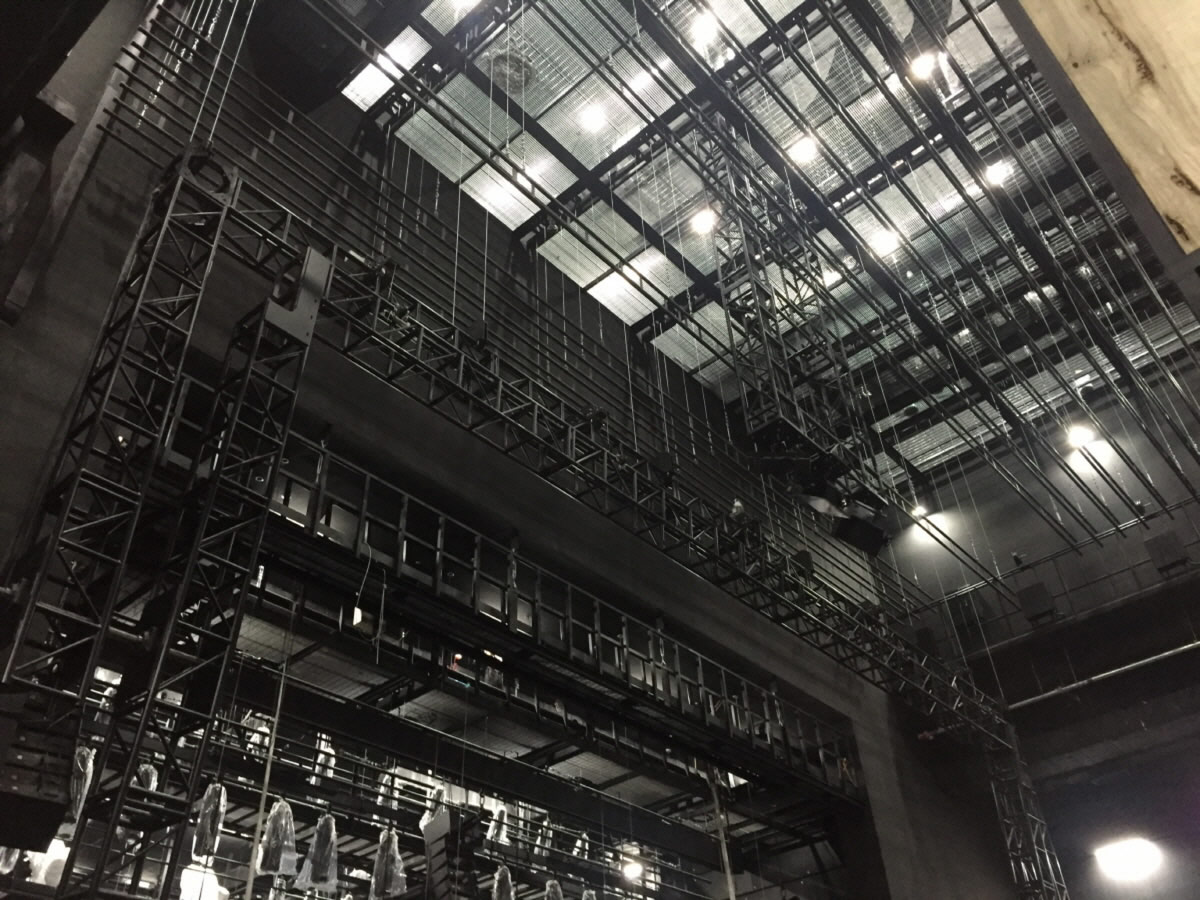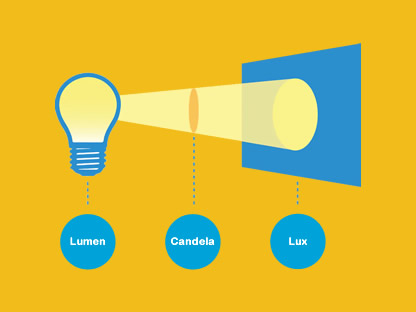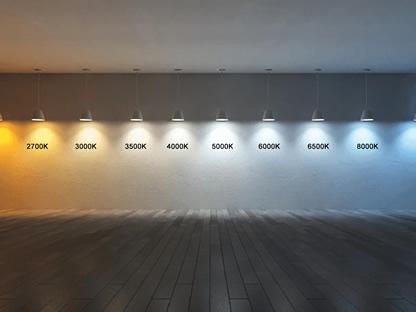
Theatre consulting
Consultants engaged in performance venue consulting are crucial experts in the creation or enhancement of various facilities like theaters, concert halls, assembly facilities, and auditoriums for presentations. They collaborate closely with clients, architectural designers, and various design teams to ensure performance venues deliver the best possible experience for artists and audiences.
The entire consulting process for performance venues demands a creative collaboration that goes beyond mere consultations. Consultants lead the project teams with a deep understanding of both the physical and functional aspects of a venue. They not only explore technical possibilities and design the best production systems within the budget but also maintain the aesthetic aspects of the project, ensuring each performance can occur successfully.
Management skills are also among their essential qualities, as they control complicated processes and monitor each phase's progress to guarantee outcomes unfold as planned. Performance venue consultants are not just advisors but strategic partners dedicated to the success of the performing arts.
Gathering Information from Clients
The first step in performance venue consulting is accurately understanding the needs and desires of the client. In this process, consultants engage in in-depth conversations with the client to outline technical requirements. The data collected in this way is used as essential information for indicating the direction of the project and providing customized design solutions. Client feedback serves as a key guideline for revisions to the preliminary design and the successful completion of the project.
Here's what consultants communicate to clients when constructing a performance venue:
- Ultimate purpose, goals, genres, and primary users of the performance venue
- Overall budget scope, including construction, equipment, and interior
- Estimated timeline from the start of the project to completion, and key milestones
- Spatial requirements such as audience capacity, stage size, and ancillary rooms
- Specific technical equipment details in the fields of stage acoustics, stage lighting, and stage machinery
- Overall design guidelines for the ambiance of the performance venue
- Architectural requirements including building structure, materials, sustainability, and energy efficiency
- Interactions with the local community where the venue is located and considerations of the surrounding environment
- Operation and maintenance plans
Selecting Competent Designers
When choosing the right client and designer for a performance venue construction project, consultants must consider several important factors. The designer should have experience and expertise in the field, and their practical execution capabilities must be verified. Additionally, communication skills and collaboration between the client and the designer are crucial and are essential for the smooth progression of the project. Finally, cost structure and schedule management abilities should be considered to assess whether they can adhere to the project budget and deadlines.
Other factors consultants consider when selecting clients and designers include:
- Creativity and Innovation
- Social Reputation
- Direct Execution Capability
- Dependence on External Resources
- Ability to Compile Design Documents
There are several key warning signs that consultants and clients should avoid when selecting a designer. Such situations can threaten the success of the project, so reconsideration of the designer's selection is necessary in the following cases.
- Lack of practical experience
- Free or low-cost design
- Inefficient organization
- Relying on outdated experiences from the past
Preparation for Design
The role of a consultant in a performance venue design project varies across several stages of the project, requiring expert knowledge, leadership, and effective communication. This includes the planning phase, the scheduling phase, the preliminary design phase, and the execution design phase. Execution design is divided into design focused on quantity calculation for bidding and design for accurate quantity calculation and construction, selected based on the design budget and project objectives.
Because the execution design is costly and time-consuming, the probability of participation by experienced experts is a mere 0.03%. Therefore, most opt for execution design for quantity calculation, considering cost savings and efficiency.
Design Planning Phase
Understand the client's business requirements, budget, and project objectives. Evaluate the feasibility of the project, cost estimations, and required resources. Provide optimal design approaches and technical recommendations.
Schematic Design Phase
Clarify the scope of work, schedule, budget, and expected deliverables. Collaborate with other experts to establish plans and set a direction agreed upon by all stakeholders. Identify potential risks and develop strategies to mitigate or eliminate them.
Basic Design Phase
Develop initial design concepts based on the project's key requirements. Present draft designs to the client, collect feedback, and improve the design. Review all necessary regulations, permits, and code compliance issues.
Detailed Design Phase
Prepare final construction documents, detailed drawings, and specifications. Conduct internal reviews to ensure the accuracy, completeness, and regulatory compliance of the design. Continue to provide technical support and consultation as the project moves into the construction phase.
Bid Preparation and Execution
After the design phase concludes, the consultant plays a crucial role in the bid preparation and execution process. The consultant assists in drafting bidding documents and establishes criteria for selecting the right bidders. Additionally, they prepare Request for Proposals (RFPs) and manage Q&A during the bidding process.
During the bidding, the consultant evaluates the proposals from bidders and collaborates with the client to assist in determining the final contractor. This process is essential for optimizing the quality, cost, and schedule of the project.
Construction Phase
In the construction phase, the consultant plays a vital leadership role. They monitor the progress of the project, ensuring adherence to schedule and budget. The consultant carries out quality control, and acts as a mediator for problem resolution when necessary.
They support the achievement of project objectives through change request management and risk monitoring. These roles are crucial in ensuring the successful completion of the project.






